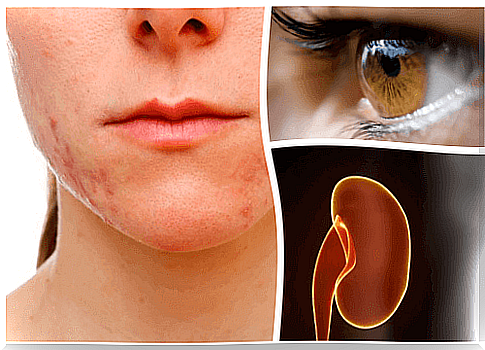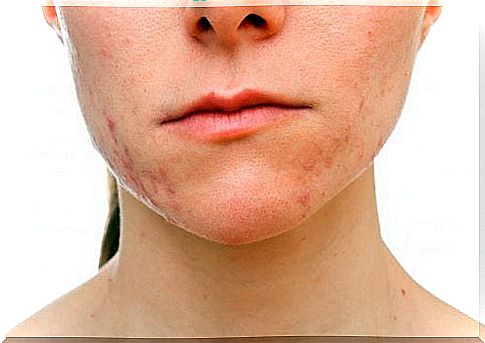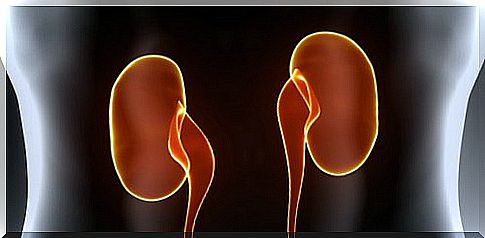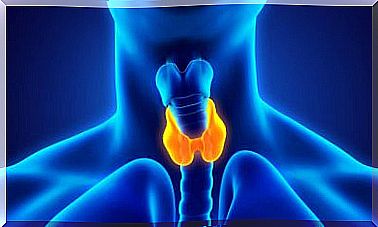Stress – Which Organs Harms The Most? – Step To Health

Stress is a physical and emotional tension that is the body’s response to a variety of situations and emotions, such as frustration, anger and irritation. To some extent, stress can be a positive phenomenon as it is the body’s natural response to danger and risk.
Unfortunately, most people suffer from extremely high levels of stress that can lead to very serious health and emotional disorders. In today’s article, we want to show you which parts of your body and internal organs are most affected by stress.
The modern world requires from us constant intensive work and constant rush, which means that the number of people living under constant stress increases every year. It is becoming harder and harder to escape from mounting pressure and control your own emotions and body reactions.
The most disturbing fact is that most people who suffer from increased emotional stress do absolutely nothing to prevent this from happening.
A recent study published by the American Psychological Association (APA) shows that up to 40% of people suffer from severe sleep disturbance. In addition, it is worth emphasizing that high levels of stress disturb the functioning of many organs, which may lead to very serious health consequences.
Skin

A common symptom accompanying stress is the appearance of acne. Inflammation causes the pores to clog and the skin becomes red and irritated. Dirt and sweat build up on the face, causing pimples and blackheads to appear.
Lungs
Too much stress can significantly weaken the immune system and lung function. A study conducted at the University of Sao Paulo in Brazil showed that there is a strong link between stress and developing asthma as chronic emotional stress weakens the lungs.
Heart
Constant stress and tension lead to an increase in cholesterol, blood pressure and the presence of triglycerides in the bloodstream. An article published by the National Library of Medicine shows the relationship between stress and problems with the proper functioning of the heart.
Eyes

Research results suggest that excessive physical and emotional stress can lead to tremors in the tiny muscles surrounding the eye responsible for closing and opening the eyes. Additionally, stress may cause inflammation in the eye and visual disturbances.
Liver
The accumulation of stress hormones can cause changes in the cells produced by the liver, which in turn can lead to serious disease of the liver.
Brain
Too much stress causes your body to increase the production of a hormone called cortisol. Too much cortisol can have a detrimental effect on the cerebral cortex, which is responsible for making decisions and remembering.
Kidneys

When cortisol levels are too high, the kidneys begin to excrete phosphate, which in turn leads to muscle weakness, brittle bones and many other conditions.
Bowels
A healthy intestine and a properly functioning digestive system are the key to good functioning of the entire body. This is why it is so important to take care of, among other things, the colon and other components of this system. When you’re stressed, harmful substances build up in your colon, causing gas, abdominal pain and inflammation.
How to fight stress?

Here are some tips on how to deal with stress, reduce its impact on your health, and learn to combat negative emotions. If you are one of thousands of people suffering from too high levels of stress, follow our advice:
- Try relaxation techniques such as yoga, dance, and aromatherapy. You can also go to the pool and swim.
- Take care of regular physical activity.
- Plan each day so that you are not overwhelmed by excess responsibilities.
- Take breaks while you work – stretch or take some fresh air.
- Take time for yourself and focus on the things that give you pleasure.
- Avoid people who infect others with their negative emotions.
- Take care of a healthy and balanced diet.
- Increase your daily water intake.
- Quit smoking and reduce alcohol consumption.









